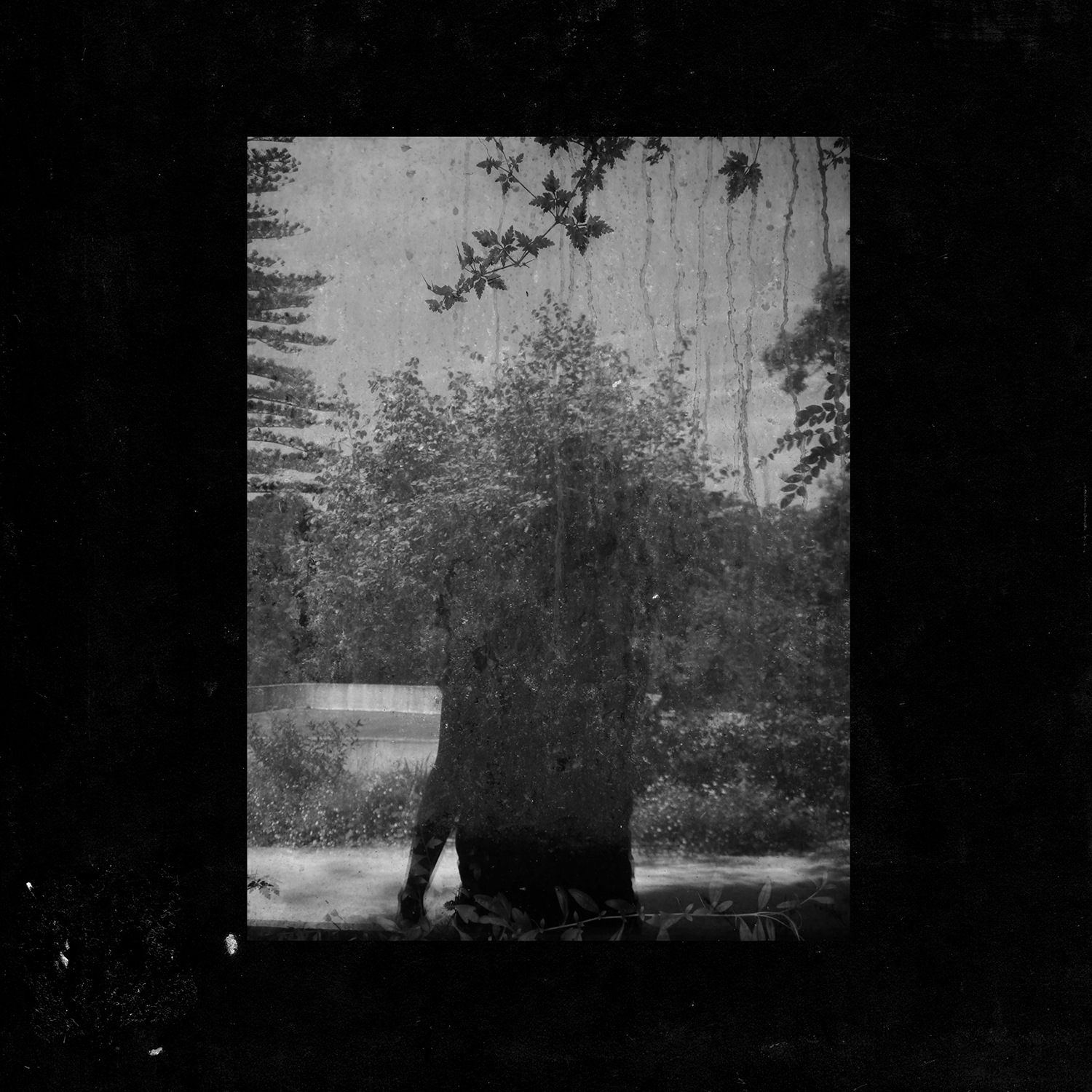- Kranky
- 2014
Have you looked at a nice body of water lately? Have you considered the ocean, in its omnipresence and its vastness? Have you pondered how rivers and lakes form and how they grow deeper in the rain? Maybe on your worst days, you’ve had visions of drowning, of destruction. On sunnier days, maybe you’ve sought solace in its idyllic tranquility.
If you’re Liz Harris, these ideas likely flow in and out of you like streams. Take a song like “Heavy Water / I’d Rather Be Sleeping” from Dragging A Dead Deer Up A Hill – her 2008 breakout album as Grouper -- where love is so overwhelming that she’d rather fling herself limply into tidal waves, defenseless in the face of both the ocean and the moon. About a decade later on “Headache,” Harris recounted a story her mother once told her about walking into the ocean not because she wanted to die, but because she simply couldn’t locate the horizon. How easy it is, in Harris’ mind, to stumble off the edge of the earth.
“Let our sad song be carried out to sea,” Harris murmurs on “Clearing,” the centerpiece of her tenth studio album Ruins, which turns 10 years old today. It’s a fitting statement on an album composed almost entirely of sad songs written near a sea. Ruins is largely about a breakup, but it wasn’t the first album Harris made following that split. After the relationship ended, Harris dove straight into writing and recording her 2012 two-parter A I A. She hadn’t yet processed the breakup and avoided talking about it in hopes that its lingering issues would fade – she stopped hanging out with friends, she stopped watching TV, and she most certainly didn’t try dating again. Ruins, in contrast, allowed her to “crack herself open.”
Like A I A, Harris made Ruins in isolation. This time, however, that solitude was more purposeful: For a chunk of time in 2011, she decamped from her home in Oregon to her friend’s aunt’s cottage in Aljezur, off the coast of Portugal. It’s the type of town with numerous farms, worn-down buildings (which inspired Ruins’ title), and roads made almost exclusively out of dirt. When she wasn’t recording, she spent her free time going on daily runs and hikes, drawing, or walking to an adjacent town a few miles away to grocery shop. All she had with her was one piano and one 4-track recorder. The physical setting in which Ruins was made, Harris has explained, is nearly as crucial as the songwriting itself.
And so Harris brings you there immediately: Wordless album opener “Made Of Metal” is little more than just a single drum mimicking a slow heartbeat, but listen closely and you can hear the distant croaking of frogs, a bird call, some ambient field noise that sounds like light rain pattering against the ground. As soon as the funereal piano of “Clearing” begins, you’ve arrived: “Open up the window/ Try to let the light out/ Try to let the curtain float in/ That way I can hear the water.” There’s that ocean again. Throughout the album, erroneous noise accentuates Harris’ surroundings: At the end of “Labyrinth” is the stark beep of a microwave turning on again after a storm-induced power outage. It’s the type of would-be error most home recordings would omit. On Ruins, its inclusion only brings you closer.
Even with its lo-fi setup, Ruins is still, 10 years later, the most intelligible Harris’ voice has ever sounded. I wonder if that quality here is at all related to the slightly jumbled timeline: After recording Ruins, Harris’ next release was 2013’s The Man Who Died In His Boat, a collection of songs written and recorded during the sessions for Dragging A Dead Deer Up A Hill. Both of those albums, despite putting acoustic guitar at the forefront, felt stark, distant, and cold. Harris’ voice is swathed in reverb that renders it nearly incomprehensible, relying on specific sounds to conjure her one-of-a-kind atmosphere more than her words, keeping listeners at arm’s length. With Ruins, released three years after it was recorded, there was nothing for her to hide behind.
Ruins is also Harris at her most direct, presumably singing to her ex-partner. “I've a present to give you/ When we finally figure it out/ Funny that we still haven't figured it out,” she sings on “Call Across Rooms,” building a vague air of hope only to immediately squash it. “Every time I see you/ I have to pretend I don't,” goes some of the more unmistakable lines on “Clearing,” a sentiment that becomes even more grueling in contrast with its companion track “Holding”: “I hear you calling and I want to come/ Run straight into the valleys of your arms and disappear there.”
Ruins could be considered a breakup album, but it’s more about loneliness at large in the wake of devastation, about feeling insignificant in contrast to the limitless world around you -- one that occasionally will fail you. In a press release at the time, Harris said making the record allowed her to air out “a lot of political anger and emotional garbage,” and she described the finished product as an ode to “failed structures” and “living in the remains of love.” I like to think she meant that both metaphorically and literally.
The only song on Ruins that Harris didn’t record at that house in Portugal is its 11-minute closer “Made Of Air,” which dates all the way back to 2004, a year before she released her debut Grouper album. You can tell “Made Of Air” is not cut from the same cloth as Ruins -- it’s a piece of muffled, obscured ambiance, a powerful contrast against the clear-cut, piano-driven melodies sequenced before it. It feels out of place, but it’s classic Grouper, the type of sound she’d later perfect and become renowned for. It’s familiar. Here, it serves as a reminder that it’s possible to still find yourself beneath the ashes of emotional destruction. Looking at the ocean helps, too.
We rely on reader subscriptions to deliver articles like the one you're reading. Become a member and help support independent media!






